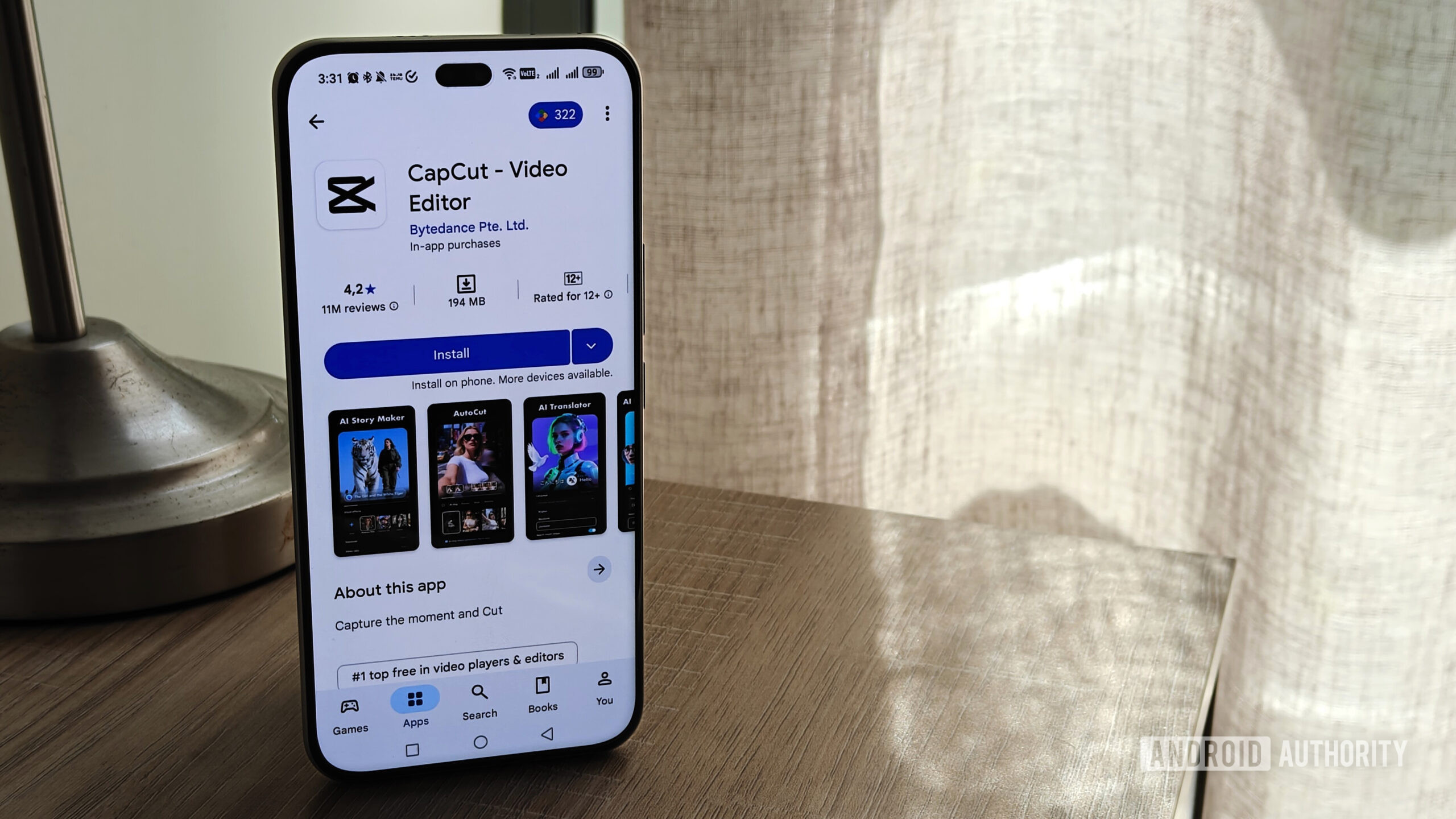
"Many of us are used to the trend of free platforms becoming worse in the pursuit of monetization - it's what has made me skeptical of any new free product Google or Meta launches. But when it comes to smartphone apps specifically, I've noticed that apps are increasingly marketing themselves as free while being almost unusable without a paid subscription."
"However, as shareholders and companies push for more profits, the way freemium apps have started trying to incentivize free users to upgrade to premium plans feels a lot less like paying for a few extra perks. Instead, certain apps have gutted their free tiers to the point that they feel unusable without a subscription. You're not paying for a few extra features or to avoid ads, you're paying to use an app in the same way you once did as a free user."
"Apps cut away at their free features while still marketing themselves as free to use. At the same time, these apps never pivot their advertising away from pushing their service as free. This lures more people into using the apps, not realizing how limited the free features are. Only after you've signed up for an account are you greeted with the numerous prompts to upgrade as you run into paywalls over and over again."
2025 has seen many users quit apps and shift to privacy-focused open-source or self-hosted alternatives. Free apps increasingly degrade core functionality to push users toward paid tiers. Historically, free apps relied mainly on ads, with premium tiers optional for ad removal or extra features. Shareholder and corporate profit pressure has led freemium apps to gut free tiers, creating paywalls that render apps nearly unusable without subscriptions. Marketing still labels these products as free, attracting users who then encounter repeated upgrade prompts after account creation. The result is a misleading "free" label and a growing preference for privacy-respecting alternatives.
Read at Android Authority
Unable to calculate read time
Collection
[
|
...
]